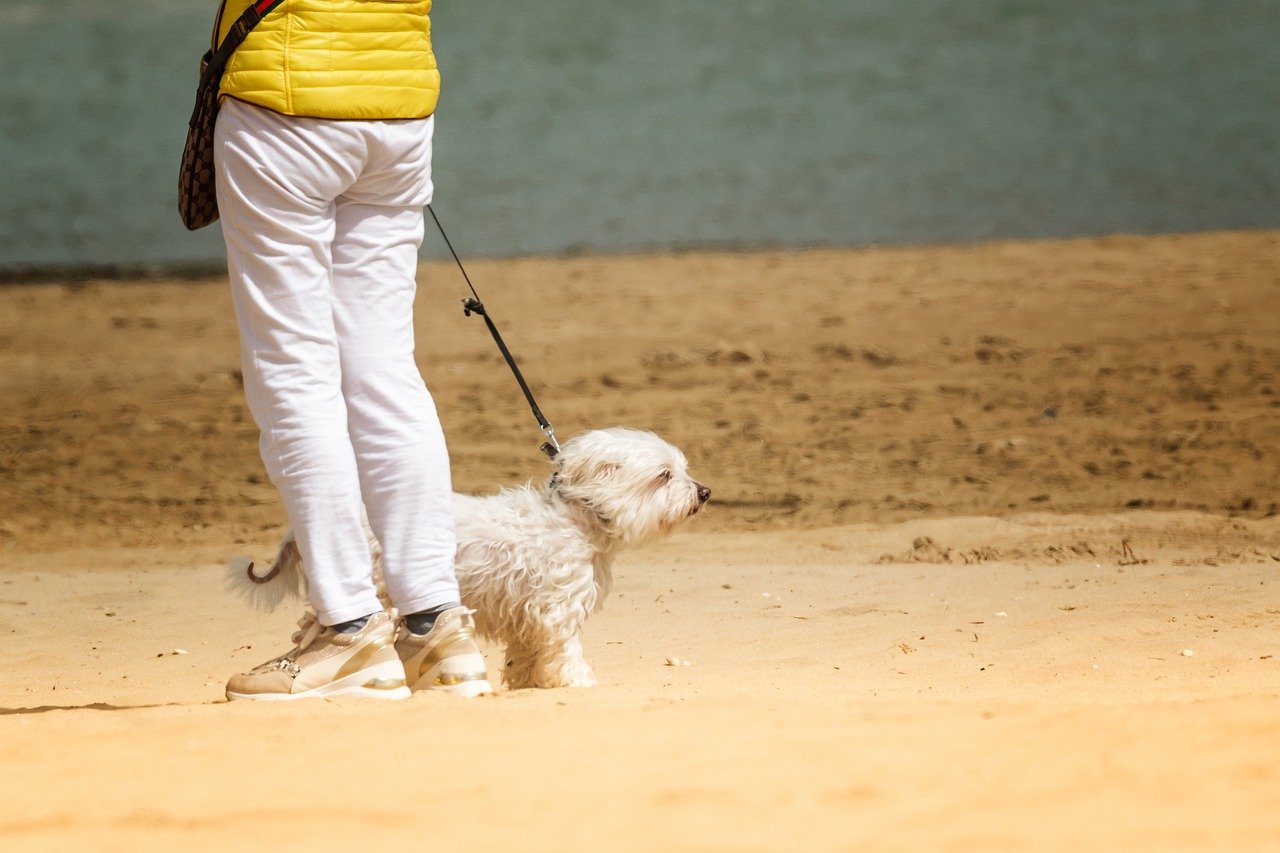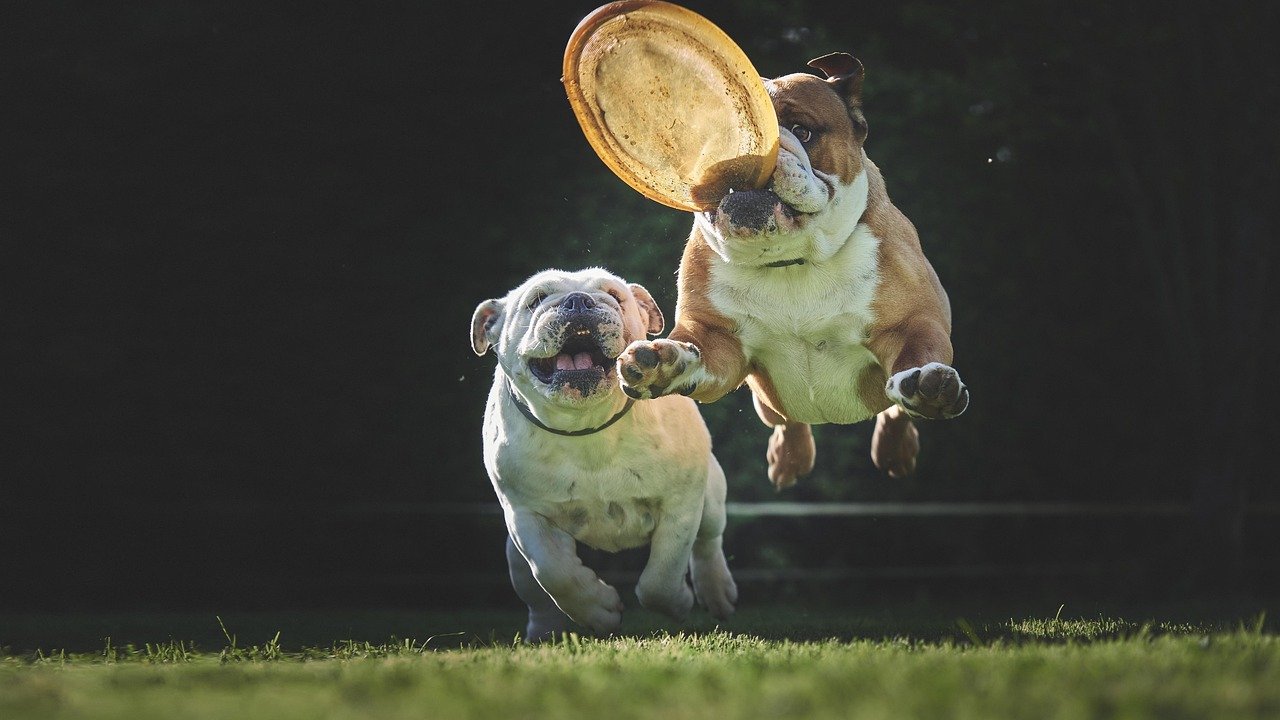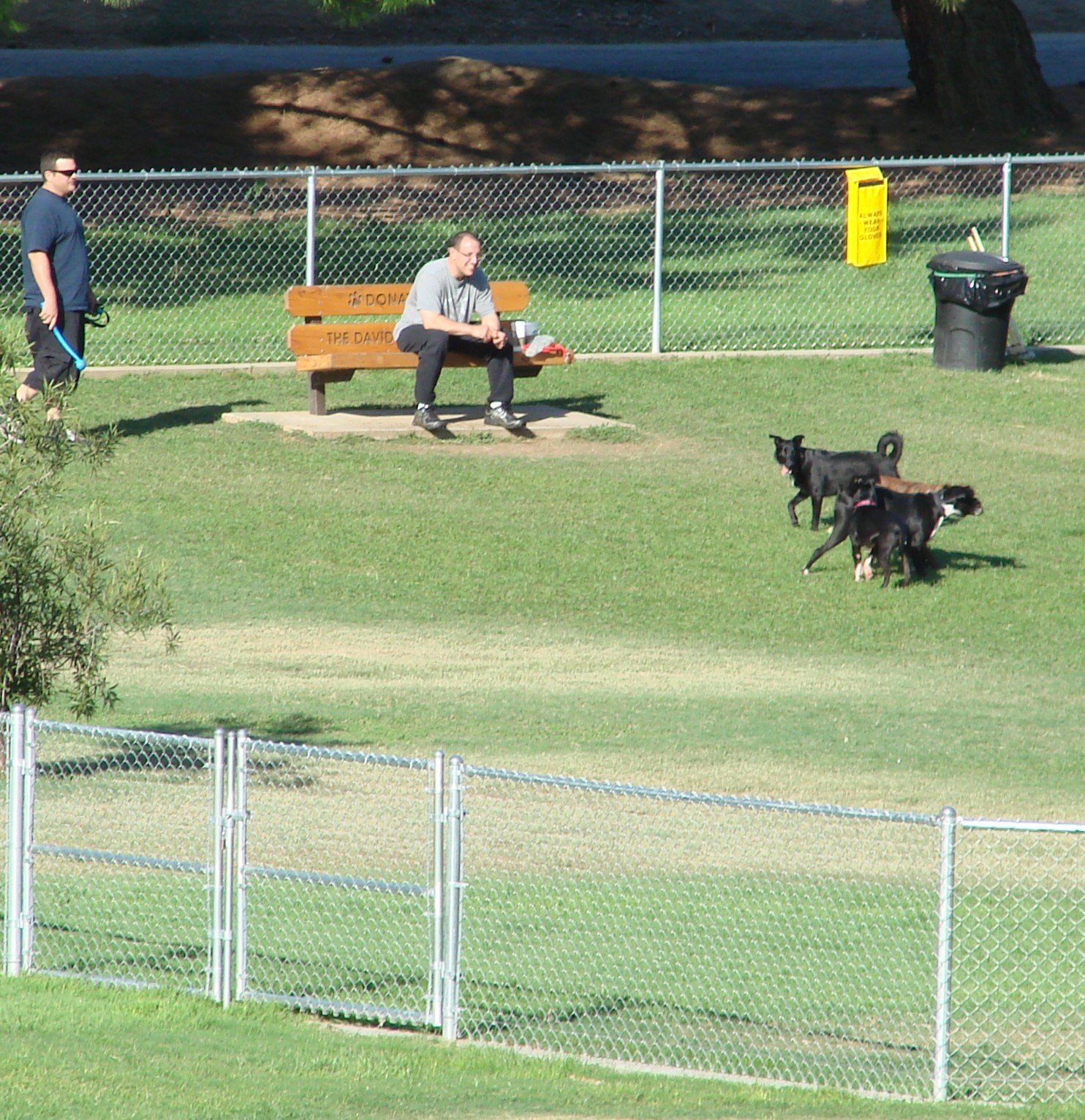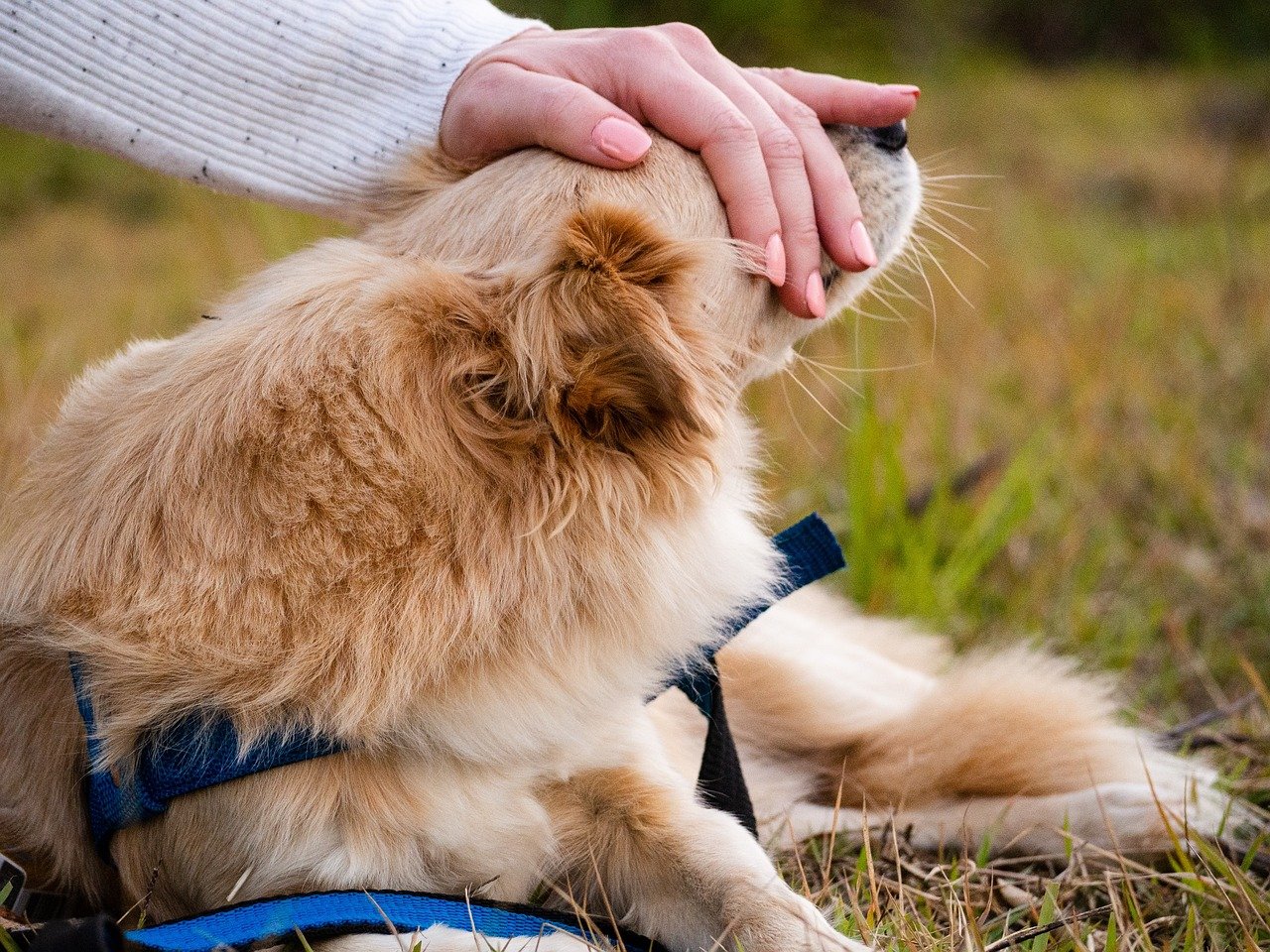Have you ever wondered what makes some dogs seem to radiate pure joy, while others look anxious or restless? If only our furry friends could talk! The truth is, the happiest dogs share certain daily habits that keep their tails wagging and their hearts full. Imagine a world where your dog wakes up eager, plays with abandon, and curls up at night completely content. Science and expert trainers agree: happiness in dogs isn’t just luck—it’s built on simple, everyday routines you can start today. Ready to discover the secrets to a truly happy pup?
Consistent Morning Routines Set the Mood

Dogs thrive on routine just like we do. Starting each day with a consistent schedule helps your dog feel secure and loved. Whether it’s a gentle wake-up nudge or the jingle of a leash, dogs quickly learn to associate mornings with positive experiences. This predictability gives them confidence and reduces anxiety, according to many trainers who emphasize structure as the foundation for a happy canine.
A morning walk or play session is more than just exercise—it’s a bonding ritual. During this time, your dog gets to stretch, sniff, and explore the world, setting a cheerful tone for the hours ahead. Studies have shown that dogs with regular morning routines are less likely to develop behavioral issues. Imagine your dog’s excitement each dawn, knowing another joyful day awaits!
Regular Exercise Fuels Joy
Movement is magic for dogs. Daily physical activity isn’t just about burning off energy; it’s essential for mental health too. Trainers and veterinarians agree: a tired dog is a happy dog. From brisk walks around the block to energetic games of fetch, exercise stimulates your dog’s senses and keeps boredom at bay. Without it, dogs may become restless or even destructive.
Try mixing up activities to keep things fresh. One day could mean a hike in the woods, another might involve swimming or agility games in the backyard. The variety keeps your dog mentally sharp and emotionally satisfied. Plus, those moments of shared fun strengthen the bond between you and your furry companion. Movement is nature’s happiness booster—and your dog will thank you for it with every wag.
Ample Playtime Sparks Happiness

Play isn’t frivolous for dogs—it’s a necessity. Whether it’s a squeaky toy, a rope tug, or a spirited game of chase, playtime allows dogs to express themselves and burn off stress. Science shows that play activates the brain’s reward centers, flooding your pup with feel-good chemicals. Happy dogs are often those who get to play freely and often.
Interactive play also builds trust and communication between you and your dog. It’s a language without words, where every toss and tug tells your dog, “I love spending time with you.” Make time every day for play, even if it’s just a few minutes—those joyful bursts of activity can turn an ordinary day into an extraordinary one for your pet.
Quality Nutrition Makes a Difference
The saying “you are what you eat” applies to dogs too. Providing your dog with balanced, high-quality food fuels both their body and spirit. Trainers and veterinarians often see dramatic changes in dog behavior when nutrition improves: more energy, glossier coats, and brighter eyes. Feeding your dog the right amount at regular times also adds to their sense of security.
Don’t forget the power of healthy treats! Used wisely, they can reinforce positive behaviors and add a spark of joy to your dog’s day. Just like us, dogs look forward to something tasty, and knowing they’ll get a reward can make everyday training and routines feel extra special.
Mental Stimulation Keeps Minds Sharp

A bored dog is rarely a happy dog. Mental stimulation is as vital as physical exercise for a dog’s well-being. Puzzle toys, scent games, and basic obedience training challenge your dog’s brain, warding off boredom and frustration. Experts say that dogs who use their brains daily are less likely to develop anxiety or destructive habits.
Try hiding treats around the house or teaching your dog a new trick. Even five minutes of “brain games” can leave your dog feeling accomplished and content. Think of it as a workout for their mind—one that leaves them tired, happy, and eager for more learning tomorrow.
Social Interaction Brings Joy

Dogs are social animals at heart. Regular interaction with humans and other dogs is crucial for their happiness. Whether it’s a romp at the dog park, a friendly nose-to-nose greeting during a walk, or quality cuddle time with the family, socializing satisfies your dog’s need for connection. Studies show that dogs with regular social contact are less likely to develop anxiety or aggression.
Of course, every dog is different—some love big crowds, while others prefer a quiet chat with a favorite human. The key is recognizing your dog’s unique social style and nurturing it daily. Loneliness can be as harmful for dogs as it is for people, so fill their days with friendly faces and loving attention.
Positive Training Builds Confidence
Happy dogs are confident dogs, and confidence comes from knowing what’s expected—and being praised for getting it right. Positive reinforcement training, where good behaviors are rewarded with treats, praise, or play, helps dogs understand their world. It’s not about strict discipline; it’s about communication and encouragement.
Trainers widely recommend short, daily training sessions for all dogs, not just puppies. These sessions reinforce your bond and give your dog a sense of purpose. Imagine how proud your dog feels after mastering a new trick or command. Each small success is a building block for lifelong happiness and trust.
Safe, Comfortable Resting Spaces Matter
Just like us, dogs need a sanctuary to call their own. Providing a cozy bed or crate gives your dog a sense of security and a place to retreat when the world feels overwhelming. Dogs who have a dedicated space for rest are more relaxed and less prone to stress-related behaviors.
Make their resting area extra inviting with soft blankets, their favorite toy, or a piece of your clothing for comfort. Science tells us that restful sleep is essential for emotional health in dogs, just as it is for humans. A well-rested dog is a happy, well-adjusted dog—ready for another day of adventure and fun.
Affection and Touch Strengthen Bonds

Physical affection is a language every dog understands. Petting, belly rubs, and gentle grooming sessions aren’t just about hygiene—they’re powerful tools for building trust and love. Research shows that touch releases oxytocin, the “cuddle hormone,” in both dogs and people, deepening your emotional connection.
Make a habit of daily cuddles or gentle massages, especially after exercise or before bedtime. Your dog will look forward to these moments of closeness, and so will you. In a world filled with noise and chaos, those quiet, loving touches are a reminder to your dog that they are safe, cherished, and truly at home.
Routine Health Checks and Grooming
Happy dogs are healthy dogs. Regular health checks, whether at home or with a professional, ensure that small issues don’t turn into big problems. Check your dog’s ears, teeth, coat, and paws each day for signs of trouble. Grooming is more than just keeping your dog clean—it’s a chance to spot anything unusual early.
Brushing, nail trims, and baths can be enjoyable rituals if introduced gently and paired with treats or praise. Many dogs come to love grooming as a special time with their favorite human. Keeping your pup healthy and clean isn’t just good for their body—it’s a daily act of love that brings peace of mind to both of you.
Mindful End-of-Day Wind Down
How you end the day matters as much as how you start it. A peaceful nighttime routine signals to your dog that it’s time to relax and recharge. Maybe it’s a slow stroll under the stars, a quiet cuddle on the couch, or simply some soothing words before bed. Routines like these help your dog unwind and feel safe as the day ends.
Trainers often recommend a predictable bedtime to encourage restful sleep. Avoid rowdy play or loud noises before bed, and instead focus on calm, gentle activities. Your dog will soon associate these moments with comfort and security, drifting off to sleep with a heart full of happiness and the promise of another joyful day ahead.






